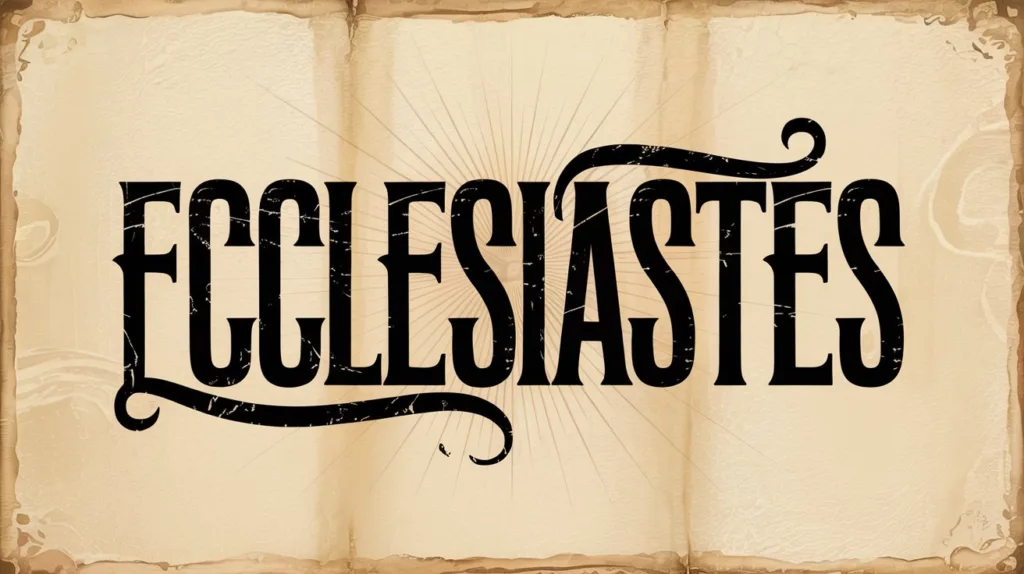The confrontation between Elijah and the prophets of Baal on Mount Carmel is recorded in 1 Kings 18. This event took place during the reign of King Ahab, a time of deep spiritual apostasy in Israel, largely influenced by Queen Jezebel’s promotion of Baal worship.
Elijah, a prophet of the Lord, called for a contest on Mount Carmel to prove who was the true God. He summoned all Israel, the 450 prophets of Baal, and the 400 prophets of Asherah to gather (1 Kings 18:19–20). Elijah addressed the people, saying, “How long will you falter between two opinions? If the Lord is God, follow Him; but if Baal, follow him” (1 Kings 18:21). The people remained silent.
Elijah proposed a test: two bulls would be prepared, one for Baal and one for the Lord. Each would be placed on wood without fire, and the god who answered by fire would be acknowledged as the true God (1 Kings 18:23–24).
The prophets of Baal called on their god from morning until noon, leaping, shouting, and cutting themselves, but there was no answer (1 Kings 18:26–29). At noon, Elijah mocked them, suggesting Baal might be asleep or away.
Then Elijah rebuilt the altar of the Lord using twelve stones, symbolizing the twelve tribes of Israel. He arranged the wood, cut the bull in pieces, and placed it on the altar. To remove any doubt, he had the sacrifice, wood, and altar drenched with twelve jars of water, filling a trench around it (1 Kings 18:30–35).
At the time of the evening sacrifice, Elijah prayed, “Lord God of Abraham, Isaac, and Israel, let it be known this day that You are God in Israel and I am Your servant…” (1 Kings 18:36–37). Immediately, fire from the Lord fell and consumed the offering, the wood, the stones, the dust, and the water in the trench (1 Kings 18:38).
The people fell on their faces and said, “The Lord, He is God! The Lord, He is God!” Elijah then commanded that the prophets of Baal be seized and executed at the Brook Kishon (1 Kings 18:39–40).
This powerful display confirmed the Lord’s identity and confronted the idolatry that had led Israel astray. It teaches the necessity of wholehearted devotion to God and affirms that He alone is worthy of worship and able to answer prayer with power.





 Get the book that teaches you how to evangelize and disarm doctrines from every single major cult group today.
Get the book that teaches you how to evangelize and disarm doctrines from every single major cult group today.